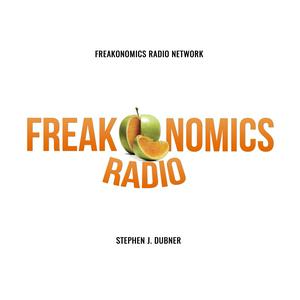They used to be the N.F.L.’s biggest stars, with paychecks to match. Now their salaries are near the bottom, and their careers are shorter than ever. In this updated episode from 2025, we speak with an analytics guru, an agent, an economist, and some former running backs to understand why.
SOURCES:Brian Burke, sports data scientist at ESPN.
Roland Fryer, professor of economics at Harvard University.
LeSean McCoy, former running back in the N.F.L., co-host for Fox's daily studio show, "The Facility."
Robert Smith, former running back for the Minnesota Vikings, N.F.L. analyst.
Robert Turbin, former running back, N.F.L. analyst for CBS Sports HQ, college football announcer.
Jeffery Whitney, founder and president at The Sports & Entertainment Group.
RESOURCES:"The Economics of Running Backs," by Roland Fryer (Wall Street Journal, 2024).
Confessions of a Hero-Worshiper, by Stephen Dubner (2007).
The Rest of the Iceberg: An Insider’s View on the World of Sports and Celebrity, by Robert Smith (2004).
EXTRAS:"Roland Fryer Refuses to Lie to Black America," by Freakonomics Radio (2022).
"Why Does the Most Monotonous Job in the World Pay $1 Million?" by Freakonomics Radio (2022).
Hosted by Simplecast, an AdsWizz company. See pcm.adswizz.com for information about our collection and use of personal data for advertising.


